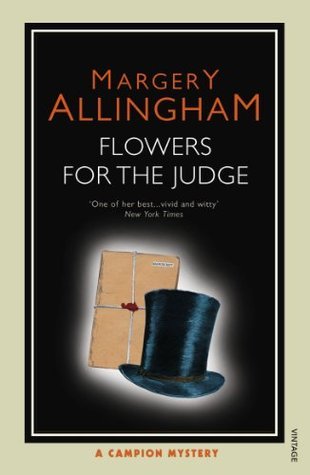What do you think?
Rate this book


258 pages, Kindle Edition
First published January 1, 1936
In his hand he held a formal bouquet, the nosegay dating from the time when the air of the courtroom was not so hygienic as modern cleanliness has made it and a handful of flowers and herbs was at least some barrier between a fastidious gentleman and the plague.